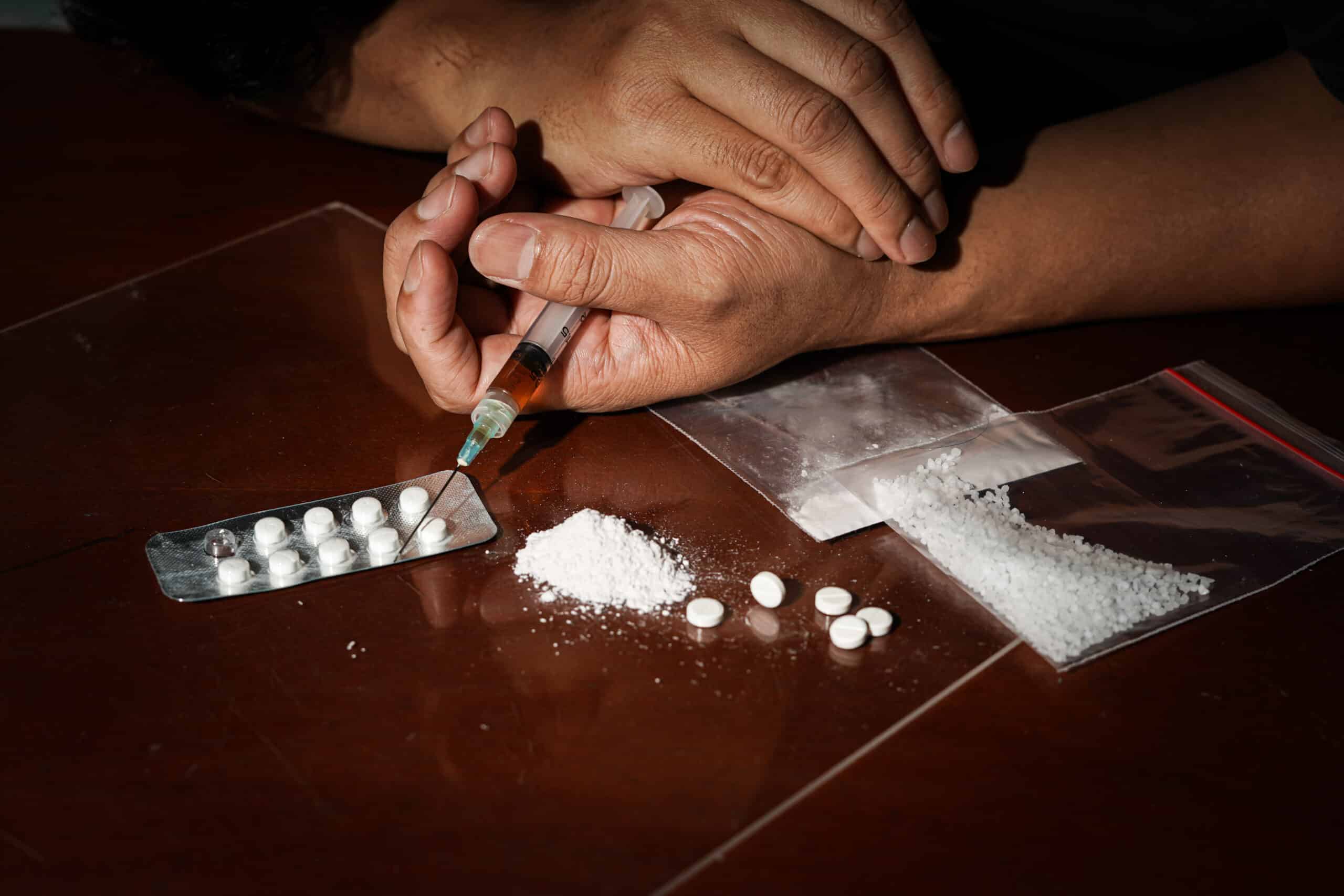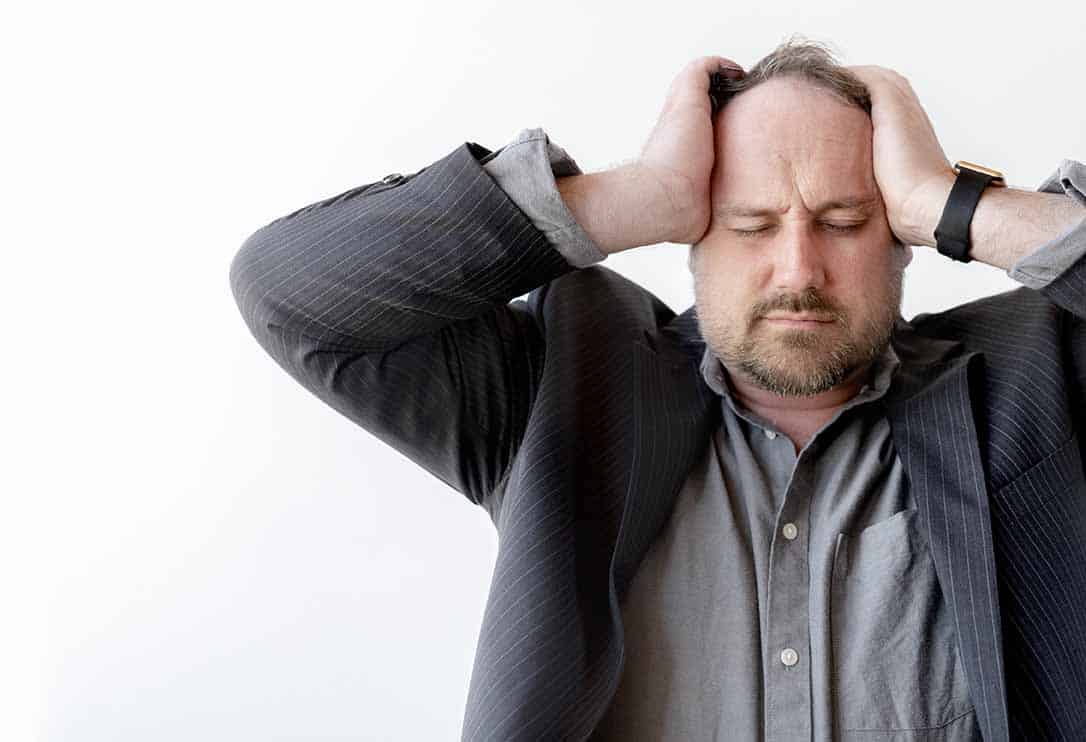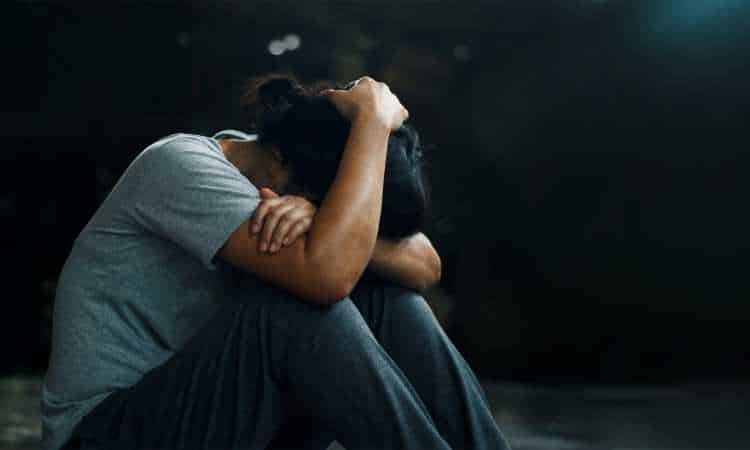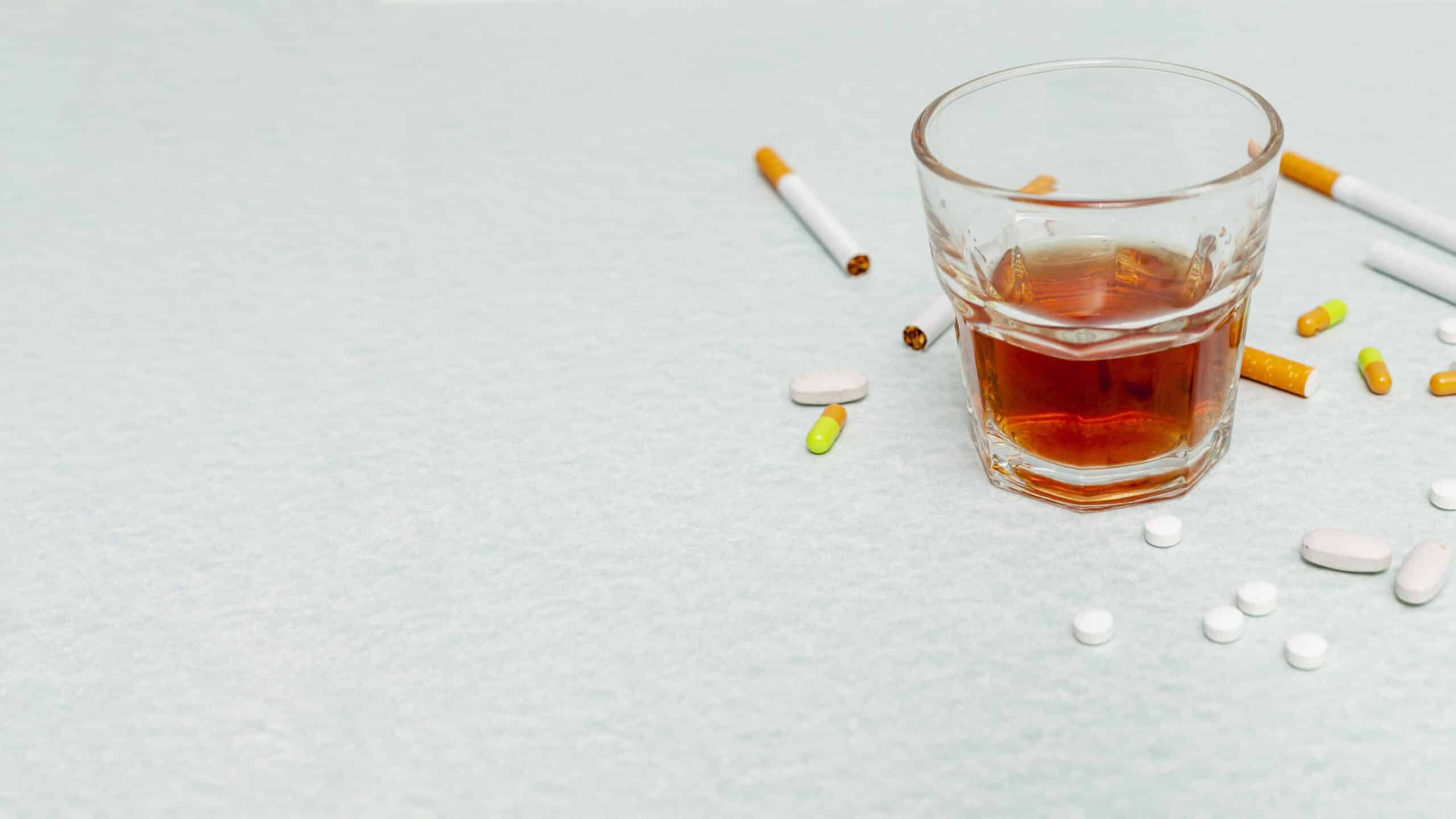Cocaine Addiction Treatment in Worcester
People with a cocaine addiction struggle to stop using cocaine, may have difficult withdrawal symptoms, and may experience health complications as a result.
Getting the right cocaine addiction treatment can help you or your loved one quit use of cocaine, manage withdrawal, and make positive lifestyle changes that lend to recovery.
At Blue Hills Recovery, we treat cocaine addiction, other substance use disorders, and co-occurring mental health disorders through a variety of outpatient treatment programs.
What is Cocaine Addiction?
Repeated use of cocaine over a period of time can cause cocaine addiction. Sometimes called cocaine use disorder, cocaine addiction means that finding and using the drug becomes your top priority.
Addiction starts with cocaine abuse, using the drug for the high it gives you. People with certain health conditions, a history of trauma, or mental illness sometimes turn to drugs to cope and become particularly vulnerable to addiction. Cocaine is no exception.
But when you develop a substance use disorder, the substance (cocaine) takes control of your life and negatively impacts your health, relationships, and work.
Fortunately, treatment can help people recover from cocaine abuse and learn to manage the condition long-term. At Blue Hills Recovery, we offer high-intensity cocaine treatment programs to jumpstart your recovery.


Why Do People Form Cocaine Addictions?
Cocaine addiction doesn’t happen with the first use of the drug. It happens over time, with repeated use and changes to your brain that come from side effects of cocaine use.
After a time, you can develop a tolerance that requires you to take more to achieve the same high, leading you to addiction.
As a stimulant drug, cocaine gives you a sense of high energy and a feeling of being indestructible. But to do that, the drug makes unnatural changes to the brain’s reward and reinforcement center.
Cocaine rewires the brain’s communication process to depend on the drug for stimulation, which causes addiction. This is what makes cocaine addiction so hard to overcome, but with the right help and supportive treatment, recovery is possible.
What Causes Cocaine Addiction?
All types of addiction can be linked to how use of a substance changes the brain’s reward pathways.
Part of the reason cocaine abuse causes addiction is that cocaine binds to chemical transporters in the brain, stopping the removal of dopamine (a happy chemical) from receptors. This causes unnaturally high levels of dopamine to flood the brain, reinforcing cocaine substance abuse.
Another cause of cocaine addiction is that using the drug causes serotonin, another brain chemical that affects how happy you feel, to increase unnaturally.

Risk Factors for Cocaine Addiction
A risk factor is something that makes you vulnerable to cocaine addiction. Risk factors are not guarantees that you will develop addiction, but indications that you want to be especially cautious with addictive substances.
Risk factors for cocaine addiction can include:
- Being around peers who regularly abuse the drug
- Family history of drug abuse
- Trauma
- An active addiction such as an opioid use disorder
- A mental health disorder
- Using drugs at an early age
- A background that includes a difficult or abusive family situation
Who Is Affected by Cocaine Addiction?
Anyone who abuses cocaine can become addicted to the drug. If you abuse cocaine repeatedly over a long period of time, you increase your risk of becoming addicted.
Yet certain groups are more affected by cocaine use than others. For example, a study published in the Journal of Addictive Diseases found:
- About 82% of African Americans (male and female) reported cocaine use.
- In contrast to 54% of Hispanics and 57% of Whites reported using cocaine.
- Crack cocaine had a roughly 70/30 divide between African Americans and Hispanics and Whites.


Effects of Mixing Cocaine With Alcohol or Other Drugs
It is not uncommon for people who use cocaine to take other drugs with it.
People facing cocaine addiction will sometimes take depressants with it to intensify the high. This includes a combination of cocaine and heroin injected together, called a speedball.
Marijuana and alcohol are also commonly used with cocaine. When used at the same time, alcohol and cocaine produce a more intense high.
However, mixing a stimulant and a depressant can mask the dangerous side effects of each. And as you take more of the drugs, you increase the danger of overdose.
Illinois and Florida have reported spikes in overdose deaths among people who used cocaine that had been spiked with fentanyl or carfentanil. These are highly dangerous opioids that people sometimes ingest unknowingly with cocaine.
Cocaine use is not worth risking your life. Get help today at Blue Hills Recovery to stop cocaine use and take back control of your health.
Cocaine Addiction Signs
The short-term effects of cocaine addiction impact you mentally, physically, and behaviorally. The effects of cocaine addiction especially affect the brain and include:
- Restlessness
- Depression
- Fatigue
- Insomnia
- Impaired decision-making
- Psychosis
Physically, cocaine addiction can cause:
- High blood pressure
- Weakened blood vessels in your septum
- Nosebleeds (in people who are snorting the drug)
- Headaches
- Weight loss
Behaviorally, cocaine use can cause mood swings and erratic and violent behavior. These effects can negatively affect your relationships and your performance at work and school.
What Happens When Cocaine Addiction is Left Untreated?
The long-term effects of cocaine addiction, if left untreated, can have dangerous consequences for your health. The longer you remain addicted to cocaine, the more your brain depends on unnatural levels of dopamine to function.
When you do go to treatment after years of addiction, withdrawal symptoms can be more severe and the cravings you experience after cocaine withdrawal can be more difficult to manage.
You also run the risk of a cocaine overdose as you take more of the drug to get the same level of high.
Symptoms of cocaine overdose include:
- Elevated body temperature
- Erratic heart rate
- Heart attack
- Seizures
- Stroke
Unfortunately, there are no specific medical interventions to counteract the drug itself. Doctors can only address the symptoms.
At Blue Hills Recovery, we offer medically assisted detox to aid you during the worst of withdrawal and help you prepare for success in treatment.

Cocaine Addiction Treatment in Worcester, Massachusetts
Fortunately, if you are facing cocaine addiction in Worcester, Massachusetts, you have access to professional and caring treatment at Blue Hills Recovery.
At Blue Hills, we address all aspects of addiction holistically to help you find the root of addiction in your life and the tools to manage it as you move forward in recovery.
Our programs include addiction rehab, day and evening treatment, mental health care, and more.
Cocaine Detox Programs
Cocaine Addiction Rehab Programs
Day Treatment/Evening Treatment for Cocaine Addiction
Get Help for Cocaine Addiction Treatment at Blue Hills Recovery
Facing cocaine addiction is difficult. Addiction isolates you from others and makes you feel you are alone. However, choosing to get treatment means that you are not going through recovery alone.
At Blue Hills Recovery, we have a professional, caring, and compassionate team that is dedicated to helping you achieve, manage, and maintain sobriety. With the treatment we offer, you no longer have to be ruled by addiction.
Reach out to Blue Hills Recovery today to learn more about how you can walk forward in recovery and leave addiction behind.
Cocaine Addiction Treatment in Worcester FAQs
What does cocaine addiction look like?
How do you overcome a cocaine addiction?
What happens if you quit cocaine without treatment?
How can you help someone with a cocaine addiction?
Sources
Let’s talk about how we can help.
A Life of Healing Can be Yours.
You deserve to become your best self. With decades of combined experience in the field of addiction medicine, our staff knows what it takes to build a foundation for recovery.